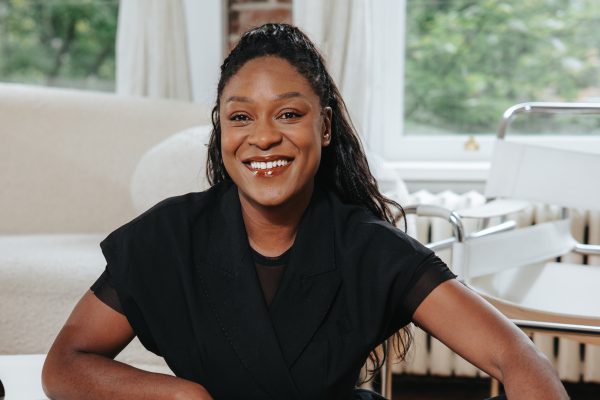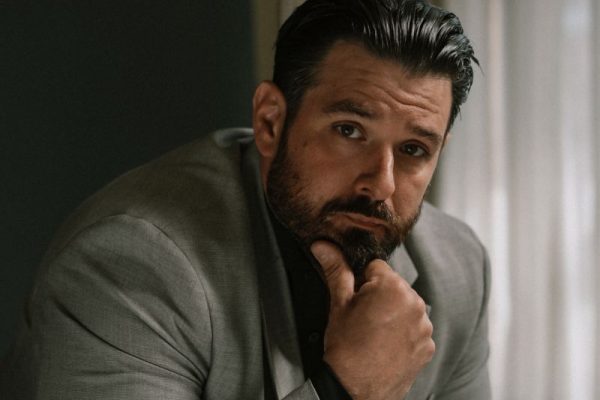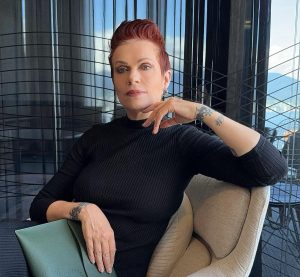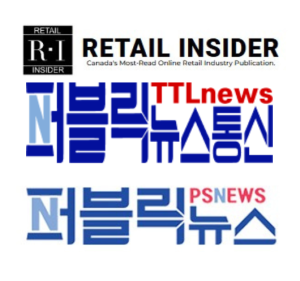Drew Munro’s career began as a chef in professional kitchens. After studying in Vancouver, he obtained his Red Seal and furthered his training in Tuscany, Italy. With a lifelong passion for food and hospitality, he launched a catering business in Vancouver in 2010 that grew into an award-winning operation over the next decade, specializing in large-scale, high-end corporate events.
When the COVID-19 pandemic struck, the business was forced to shut down and staff were laid off—one of the most difficult moments of his career. Fortunately, he had recently co-founded a new venture, UpMeals, a ready-to-eat food production company supplying meals to grocers and retailers. While the business sustained them during a challenging time, it also exposed the inefficiencies and unsustainable systems within the industry.
To address these challenges, he and his team developed an internal tool designed to optimize their operations. With support from the Canadian government, angel investors, and a dedicated group of engineers, the tool enabled UpMeals to scale rapidly, reaching nearly $7 million in annual recurring revenue. As customers began requesting to license the technology, it was spun out into a separate entity, UpMeals OS.
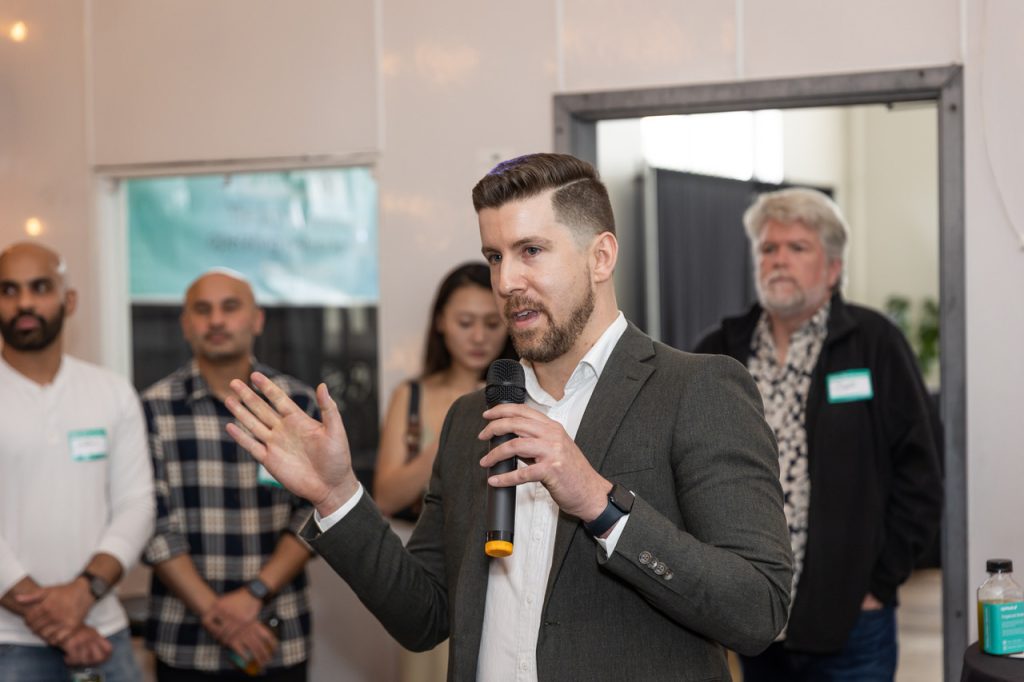
THE BUSINESS.
UpMeals OS is an AI-powered operating system designed for food businesses. Built for operators, by operators, it automates the most time-consuming and complex aspects of running a food business, including food costing, compliance, production planning, and recipe development. Its mission is to help foodservice operators save time, improve margins, and unlock growth through technology.
The platform was first developed inside an existing food production business that specialized in creating ready-to-eat meals for grocers and retailers. While the venture was fast-paced and exciting, it revealed how broken and unscalable food production operations could be. Out of necessity, an internal tool was created to address these challenges. That tool helped grow the company into a nearly $7 million ARR food business and ultimately evolved into UpMeals OS. As other operators began requesting to license the software, the decision was made to establish a new company dedicated to scaling the platform for the many operators who needed it just as much.
Today, UpMeals OS empowers foodservice businesses to save time, reduce costs, and scale without sacrificing focus. By providing the tools its founders once wished they had, the company allows operators to concentrate on growth and creativity instead of drowning in spreadsheets and manual processes.
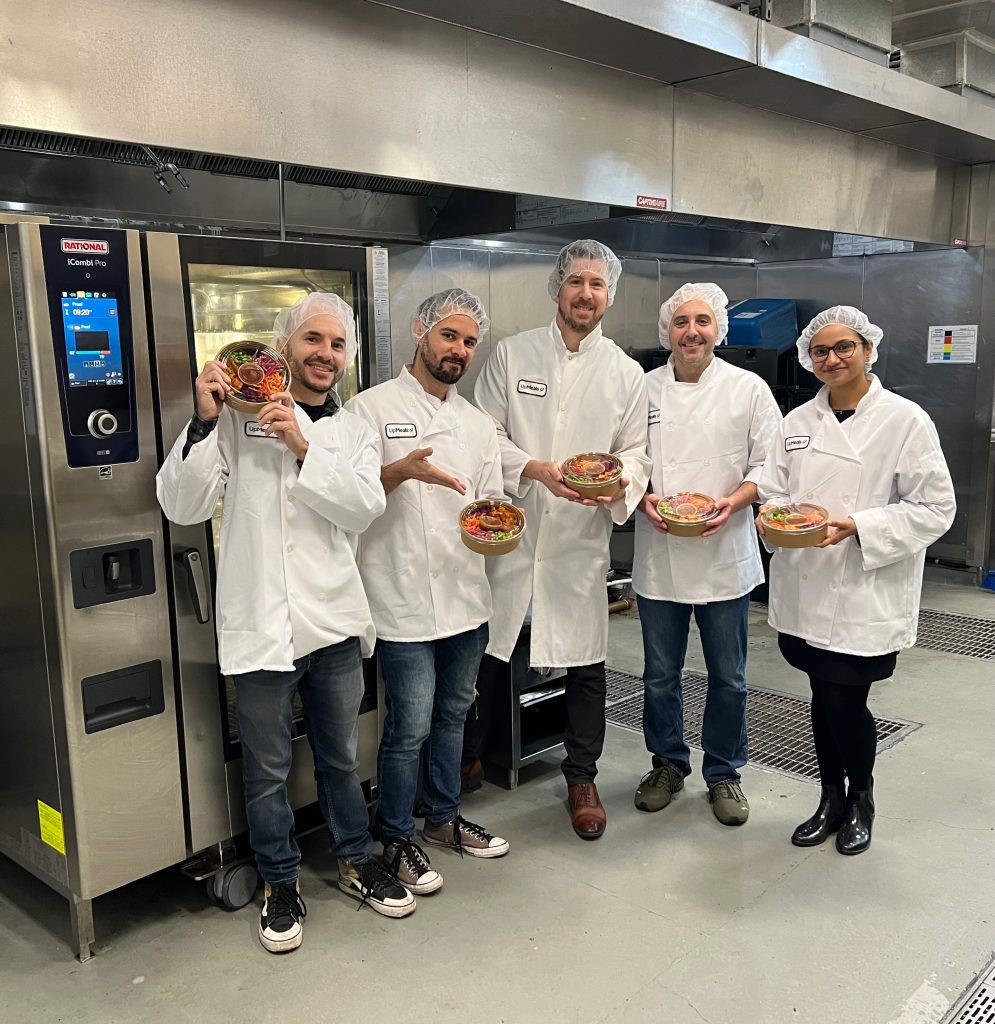
IN HIS WORDS.
“I first recognized my entrepreneurial spirit at a young age. Growing up in Chilliwack, I was always fascinated with food. In junior high, I cooked dinners for friends, and in high school, I competed in cooking competitions, eventually winning the BC scholarship for culinary arts. When I began getting paid for my cooking, I realized I could create something with my own two hands that people valued. It was not just about food—it was about taking responsibility for the entire experience and running something end to end. That spark never left me, and it became the foundation for everything I have built since.
The inspiration for my first big idea came when I decided to become a full-time private chef. I noticed a gap in the Vancouver market for high-quality, consistent, and creative private chef services. I started small, working out of shared kitchens and taking any job I could find. Through word of mouth, I grew into larger events and eventually built an award-winning operation. The most important lesson I took from that stage was the power of reputation. Consistently delivering great experiences built trust, and that trust opened doors to opportunities that I never could have imagined in the beginning.
One memorable early business experience came during the Vancouver 2010 Olympics. I was cooking for groups from all over the world when one client enjoyed their meal so much they invited me to cook on their yacht for a week. The only catch was that it was leaving the next morning. I said yes, packed my knives and a bag, and set sail. That week was incredible, not only for the adventure but also for the realization that I was charting my own course. I was responsible for my decisions, my opportunities, and my future. That sense of independence reinforced my belief that entrepreneurship was the path I was meant to follow.”
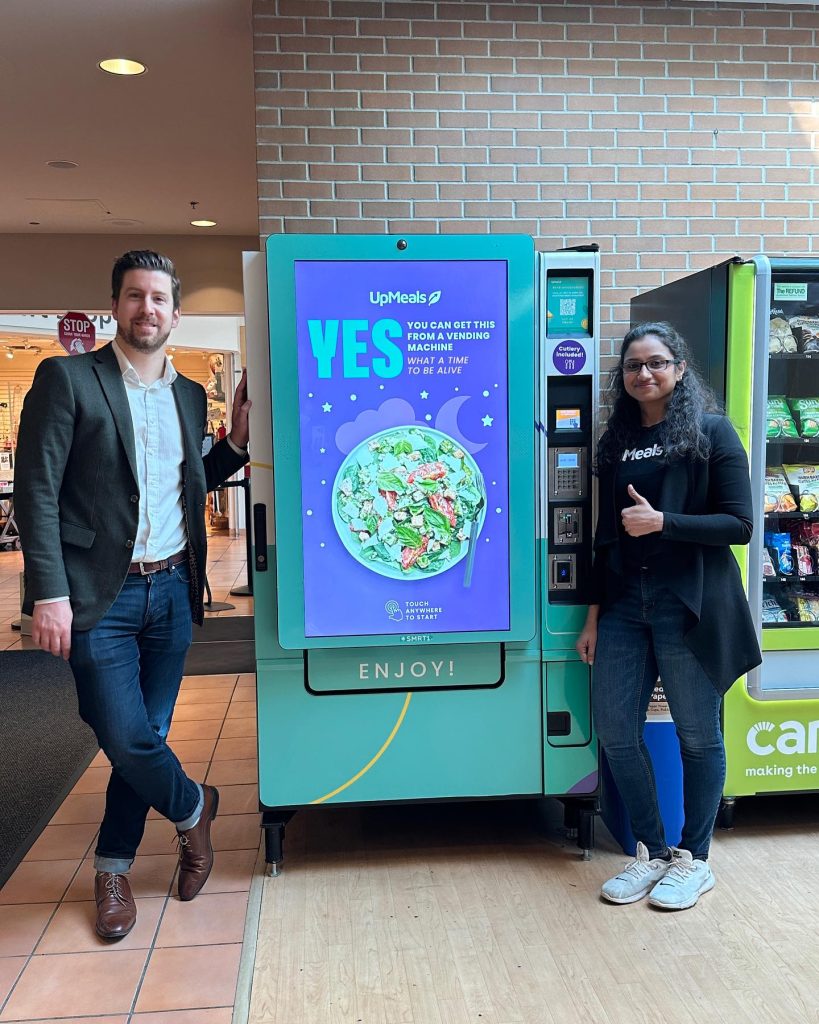
“As for how my entrepreneurial journey has evolved, I began as a young chef eager to prove myself. Over time, I learned how to manage a team, build a company, and create a culture that reflected my values. I discovered the challenges of scaling too quickly, ventured into building software, and ultimately learned how to scale a technology product for foodservice operators. Each stage forced me to adapt, to learn new skills quickly, and to survive setbacks that at times felt overwhelming. I see myself as adaptive, quick to learn, and resilient—qualities that all foodservice operators share, because survival in this industry requires persistence above all else.
When asked if I have been involved in multiple ventures, the answer is yes. Each one built on the lessons of the last. Private chef work taught me client service and standards. Catering showed me scale and logistics. Commercial production introduced me to supply chains, compliance, and the realities of building something bigger than myself. The pandemic forced us into food production, and from that, our internal tool evolved into what is now UpMeals OS. Its growth into a standalone company proved how real the problem is for operators, and how deeply the industry needed change.
Scaling each venture required different strategies. In catering, it meant investing in better kitchens and staff. In production, it meant focusing on compliance and forming partnerships with grocers. With UpMeals OS, scaling has been about raising capital, recruiting engineers, building product, and listening closely to pilot customers. At every stage, I had to bet on growth before it felt comfortable, but always with a focus on solving real problems. The constant in all of this was a willingness to push into uncomfortable territory, knowing that growth and progress rarely come from staying in safe spaces.
The sacrifices I made along the way were significant. Long hours, missed family events, financial uncertainty, and lost time with loved ones are all part of the journey. I am grateful for the people who supported me through those times. Entrepreneurship is often lonely, especially at the beginning, and yet founders keep showing up against all odds. That is one of the things I admire most about this path—it pushes people to grow beyond what they thought possible.
When it comes to pivotal moments of success, I do not think any founder feels certain. For me, success has always been a collection of small moments of validation that build momentum. Those moments, not one singular event, are what define progress and keep me moving forward.
The role of mentorship in my journey has been invaluable. At sixteen, I was fortunate to have chefs who stayed late to teach me skills, discipline, and craft. Later, mentors guided me through managing people, raising capital, and building leadership skills. My co-founder, Ryan Angel, has also been essential. I believe mentorship and networks can make the impossible achievable.
My leadership style has changed significantly over time. At first, I tried to do everything myself to prove what I could do. Eventually, I realized I had to delegate, trust, and let go. There were moments when I lost balance, chasing growth too aggressively, which forced me to realign with my core values: quality, trust, and solving real customer problems. Today, I remain hands-on, but I focus only on the areas where I excel rather than trying to do it all. That shift has been one of the most important lessons of my career.
If I could give advice to aspiring entrepreneurs, it would be to start close to the problem. Solve something you have lived. Be ready to sacrifice, especially early on, and find mentors as soon as possible. Do not get caught up in vanity metrics like capital raised. The only metric that matters is whether you are solving customer problems and whether customers truly love your product.
At the heart of my business today is a mission to make UpMeals OS the category-leading platform for food business operators. Healthy, profitable operators add immense value to communities, and I want our work to help enable that. Right now, growth means learning as much as possible from our customers and building a strong team of talented people to carry the vision forward.
Looking ahead to 2025 and 2026, I envision UpMeals OS powering thousands of operators across Canada, the United States, and beyond. My hope is that our legacy will be giving operators freedom, creativity, and a fighting chance in an industry that can be relentlessly demanding. Success for me will be measured not just in business growth, but in stronger communities, better food products, and thriving operators.”
Author Profile

- This story is created in collaboration between Helen Siwak and the featured subject. As the founder and publisher of Portfolio.YVR Business & Entrepreneurs Magazine, Helen works closely with entrepreneurs to share their paths of innovation, resilience, and growth. Each story in this series is co-developed through interviews and first-person insights, blending authentic voices with Helen’s editorial expertise to highlight the remarkable individuals shaping British Columbia’s business landscape.
Latest entries
 People of Portfolio.YVRFebruary 23, 2026Marko Sarunac Announces QRbolt Achieves GS1 Canada Qualified Solution Provider Status
People of Portfolio.YVRFebruary 23, 2026Marko Sarunac Announces QRbolt Achieves GS1 Canada Qualified Solution Provider Status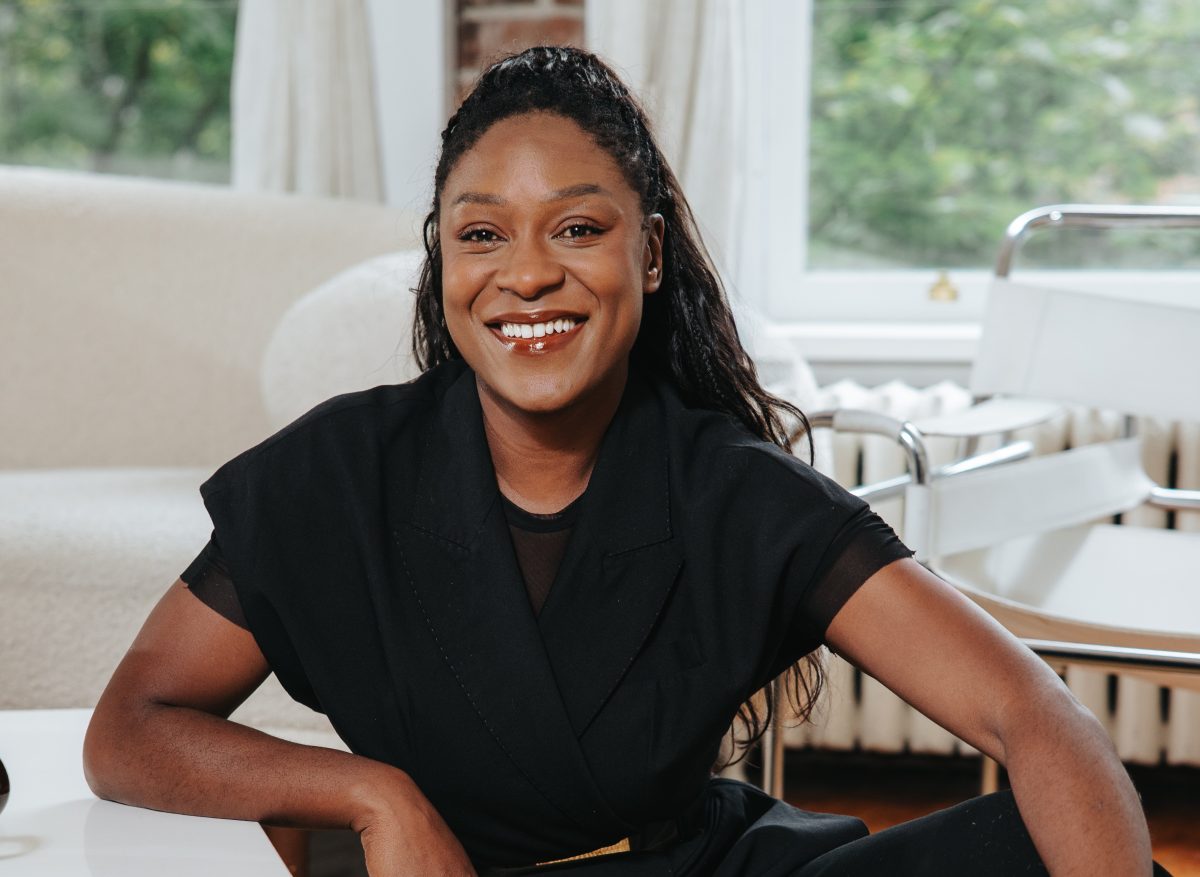 PORTFOLIO.YVRFebruary 19, 2026Ally R. Potel: From Observation to Impact, Leading Thoughtful Experience Design Through Flyberry Group Inc.
PORTFOLIO.YVRFebruary 19, 2026Ally R. Potel: From Observation to Impact, Leading Thoughtful Experience Design Through Flyberry Group Inc.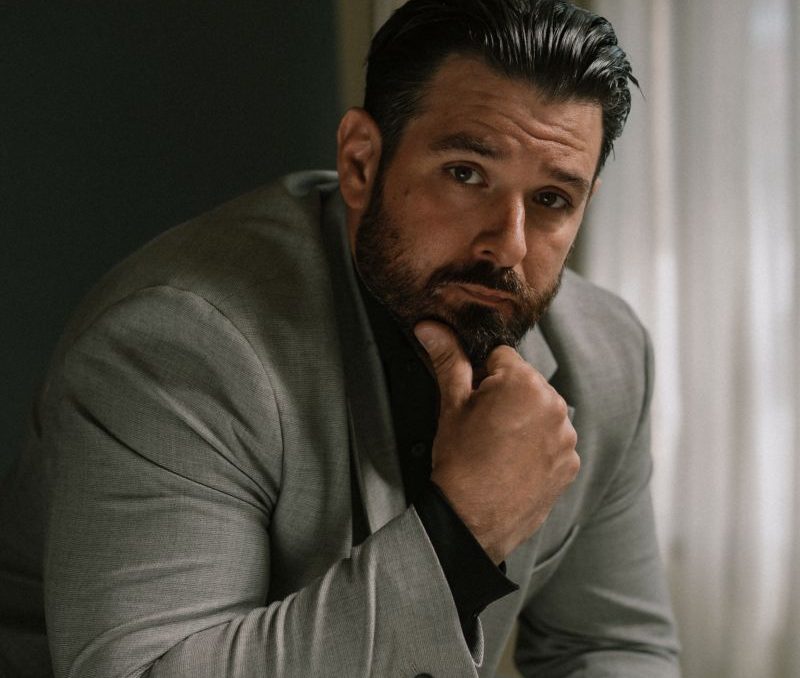 PORTFOLIO.YVRFebruary 19, 2026Ryan Anthony: Where Strategy, Sales, and Human-Centred Leadership Converge at Outcomes. Not Ideas.
PORTFOLIO.YVRFebruary 19, 2026Ryan Anthony: Where Strategy, Sales, and Human-Centred Leadership Converge at Outcomes. Not Ideas.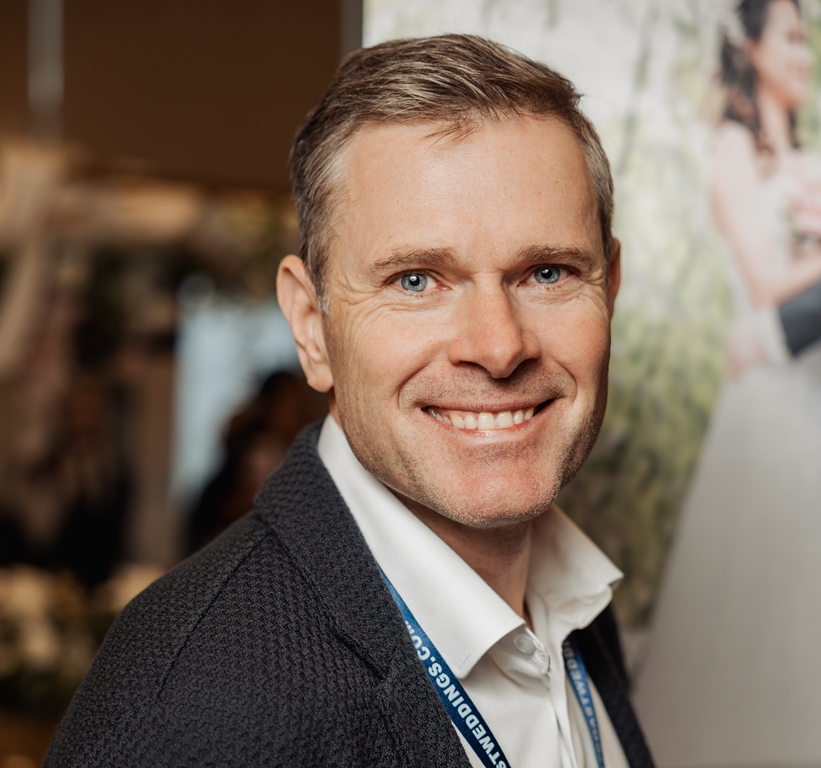 PORTFOLIO.YVRFebruary 18, 2026Evgeny Demin: Building a Versatile Visual Practice Through Demin Photography
PORTFOLIO.YVRFebruary 18, 2026Evgeny Demin: Building a Versatile Visual Practice Through Demin Photography


